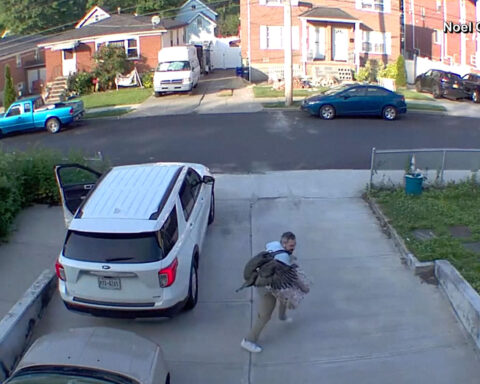There is no doubt that timely and accurate information can go a long way in averting a lot of problems in any relations – especially the relationship between the governors and the governed. Conversely, the lack thereof can cause chaos.
Perhaps this is lesson that the government of The Gambia has learnt in recent weeks in the wake of the protests in the country over the government’s refusal to release the list of people who bought the assets of the former president Jammeh.
Now again, another potential avenue of protest is the somewhat lack of clarity on the issue of oil in the country. Last week, former president Yahya Jammeh released an audio in which he accused the sitting president of collaborating with the Senegalese authorities to exploit oil from Gambian waters.
With allegations like these, it becomes incumbent upon the government to come out and clarify to the public what exactly is going on. It is necessary to tell the Gambian citizens if there is any iota of truth to the claims of the former president or not. It is clear that the Senegalese media will pick this story and run with it.
While at that they should also inform the public of the state of the oil and what is being done to extract it. Are there negotiations with oil companies? If yes, which ones? And when can citizens expect to start benefitting from the flow of oil? These are important questions, the answers to which can boast the confidence of citizens.
On these and any other issues, the government should, and must, keep the citizens informed. After all, the government is working for the people of The Gambia and should therefore inform them of whatever they are doing for and in their name.
This is why there is a Ministry of Information and a Government Spokesperson. This is something that the current administration should really look into and find ways of keeping the people informed.





